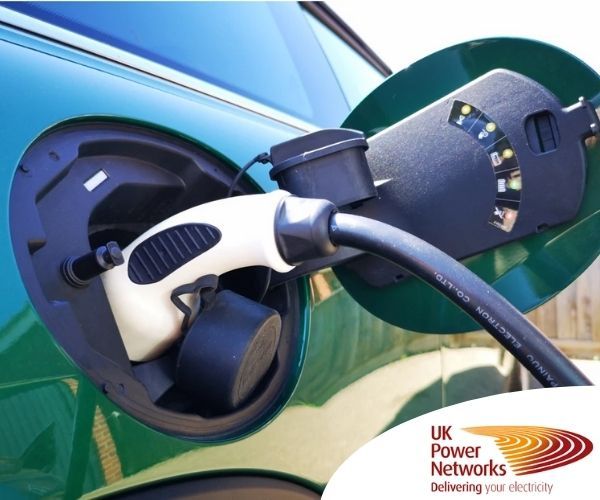Eight ambulance trusts in the North West of the UK are set to trial electric-powered ambulances.
Being implemented as part of a £2.1 million pledge by the National Health Service (NHS), local ambulance trusts will gain 21 new electric ambulances with eight already in use. This is part of a wider aim to decarbonise the NHS and achieve net zero emissions by 2040.
Six of the 21 electric ambulances have been allocated to mental health aiming to provide rapid response times for patients.
The new dedicated mental health response vehicles, which are already in action in the North West, differ in design from traditional ambulances.
While they still carry the equipment enabling them to respond to serious life-threatening emergencies when required, they have fewer fluorescent markings and a much less clinical interior to help put patients at ease.
“These new vehicles are an important addition to our emergency fleet and will change the way we deliver care in the community – helping us see more patients whilst reducing demand on traditional double crewed ambulances. All while helping the NHS meet its broader green ambition,” said James Cook, director for primary and community care improvement at NHS England.
The NHS has also provided electric variants of ambulances for a wider variety of emergency services. This includes those equipped to attend less severe emergencies and those designed to transfer seriously ill patients to and from high dependency units.
This will help reduce workload and stress amongst double-crewed ambulances allowing the NHS’ services to be allocated to a wider range of patients within the local area.
“We know that climate change has an impact on health, and the NHS can play its part in preventing ill-health by looking at new ways to reduce emissions,” said Dr Nick Watts, chief sustainability officer at NHS England.
“Each electric vehicle costs less to run and maintain, meaning these new vehicles will spend more time on the road and change the way we deliver care in the community – whilst also cutting our carbon footprint as we strive to make NHS services greener and more efficient as part of our ambition to hit net zero by 2040.”
Rising living costs prompted the NHS to pen a rare letter to the government asking to limit energy bill increases and provide further support to households in need, in order to avoid a public health emergency.
In the letter addressing the cost-of-living crisis, NHS Confederation chief executive Matthew Taylor and chair Lord Victor Adebowale called on the Chancellor Nadhim Zahawi to announce additional and targeted measures ahead of the energy price cap for the October-December period being announced on 26 August.
Current±’s publisher Solar Media is running the EV World Congress on 5 and 6 October at the Leonardo Royal Hotel Tower Bridge. To find out more and get your ticket, see here.






